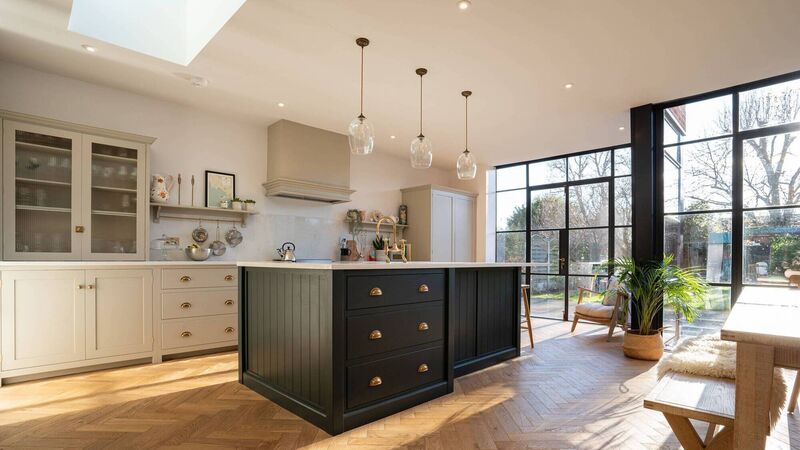What to do before starting your home renovation

This luxury Victorian home extension by Project Nine Property Group showcases a stylish open-plan kitchen. Picture: Project Nine Property Group/Visual Peak/PA
If you’re getting to grips with the dynamics of a renovation — be it altering the layout or an extension — you’re not alone.
According to a recent study by leading home and design platform Houzz, our enthusiasm for home improvements continues.













